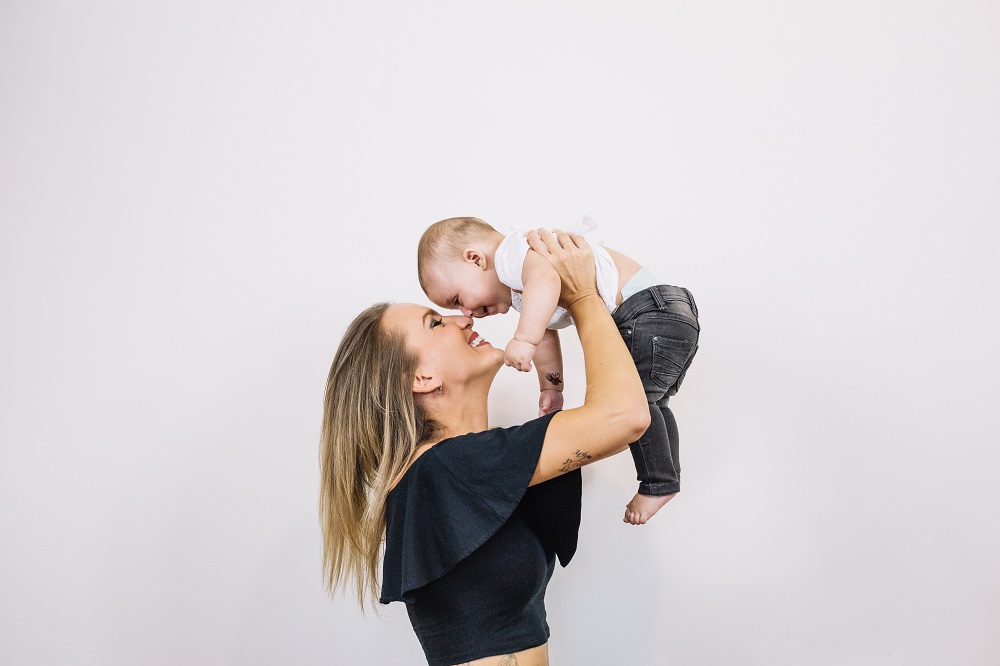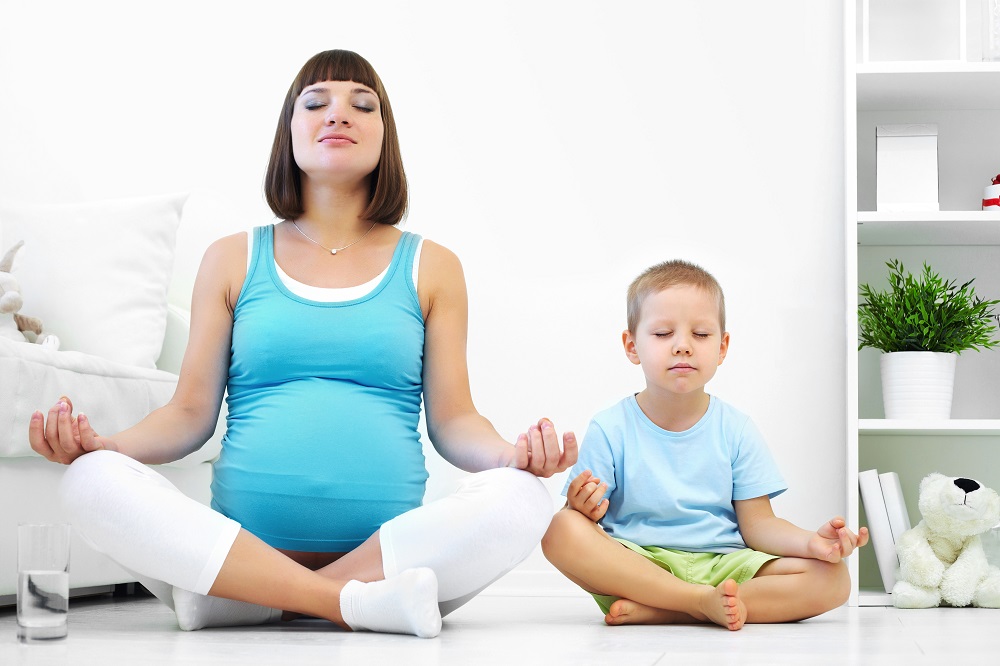Share

5 THINGS YOU SHOULD KNOW ABOUT GIVING BIRTH
By Victoria Healthcare 09 July 2019

The postnatal period is just as difficult and exhausting as the pregnancy itself. What should you know to take best care of your baby and yourself ?
1. Taking care of your baby after birth
You’ll have to practice new skills such as how to hold, bathe, and lull your baby to sleep as well as the best breastfeeding positions, among others.
Particularly, you should ask your doctor which vaccines your baby needs and when to get them.
2. Health recovery after birth

You may help speed up your recovery by:
Relieve pain: Delivering a baby may give you pains in the abdomen, genitals, chest, etc. You may soothe your pain with a warm compression, warm bath, or use a soft pillow for some back support.
When the pain is too much or accompanied by warning signs such as bleeding or fever, you need to seek medical help right away.
Prevent osteoporosis: During the pregnancy and breastfeeding periods, your baby takes a lot of calcium from your body to grow up. Therefore, you need to increase your intake of this mineral not only to keep your baby healthy but also to help yourself avoid osteoporosis.
You may get calcium from supplements or foods high in calcium such as seaweeds, milk, beans, etc.
Bathe properly: You should not soak in your bathtub to avoid the risk of infection. If you had a C-section, you should ask your doctor and your nurse to give you instructions on how to clean yourself without affecting your surgical site.
Improve your digestive system: You’re likely to develop digestive problems such as constipation or hemorrhoids after giving birth. If your digestive system isn’t up to speed, you should eat more fibers and drink plenty of water.
Get regular health checkups: You will need to get your health checked 6 weeks after delivery to monitor for health problems. However, you should visit your doctor sooner if you notice any abnormal signs.
3. Seek emotional balance after birth
Psychologists reveal that 15 - 25% of postnatal women are at risk of depression after giving birth and experience anxiety when said concept is mentioned.
If you feel like you’re not emotionally stable after delivering your baby, you may talk to your loved ones for help. If depression persists, you need to visit a psychiatrist to receive treatment.
4. Postnatal sex
Postnatal pain in combination with hormonal changes will cause you to lose interest in intimate acts with your partner. You may improve this by:
Choosing the right time for making love: Usually, sex is safe 6 weeks after vaginal birth. If you had a C-section, you may need more time for your wound to completely heal.
Choosing the right position: You and your partner should pick a position that doesn’t put pressure on you. Consider positions such as spooning, doggy, or cowgirl.
Having contraceptive measures: The optimal time to get pregnant again is 12-18 months after vaginal birth and over 24 months after C-section. During this time, you may use condoms, get an IUD, or take contraceptive pills, etc.
5. Lead a healthy lifestyle
A healthy lifestyle will help you recover faster, reduce stress, and take better care of your baby.
Adopt a nutritious diet: Give your body foods such as salmon, beef, egg, or brown rice.
Steer clear from foods which may have a negative effect on your baby’s health and your own such as coffee, fats and oils, spicy dishes, alcohol, etc.
Practice gentle exercises: You should engage in gentle activities to improve hemorrhoids, constipation, urine incontinence, and depression after giving birth. Depending on your health, you may start doing low-impact workouts after 1 -3 months.
You may try exercises such as yoga, kegel, walking, breathing, etc.
Rest up when your baby is sleeping: You may make use of the time when your baby is asleep to get some rest or ask your family to take care of your baby for a short while at night.
The postnatal period is full of challenges for a first-time mother. You should seek help from your family and your doctor to get through it!


